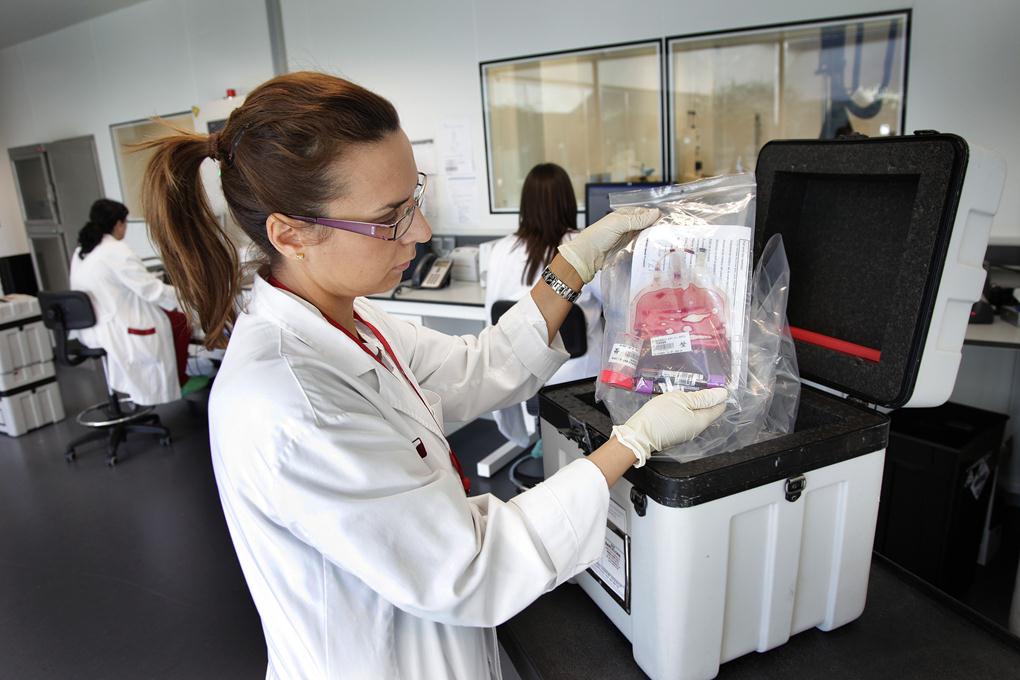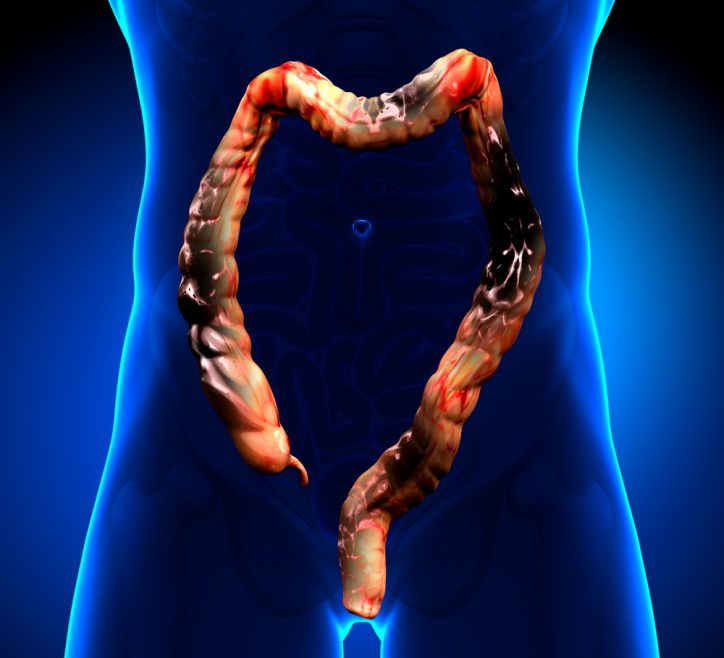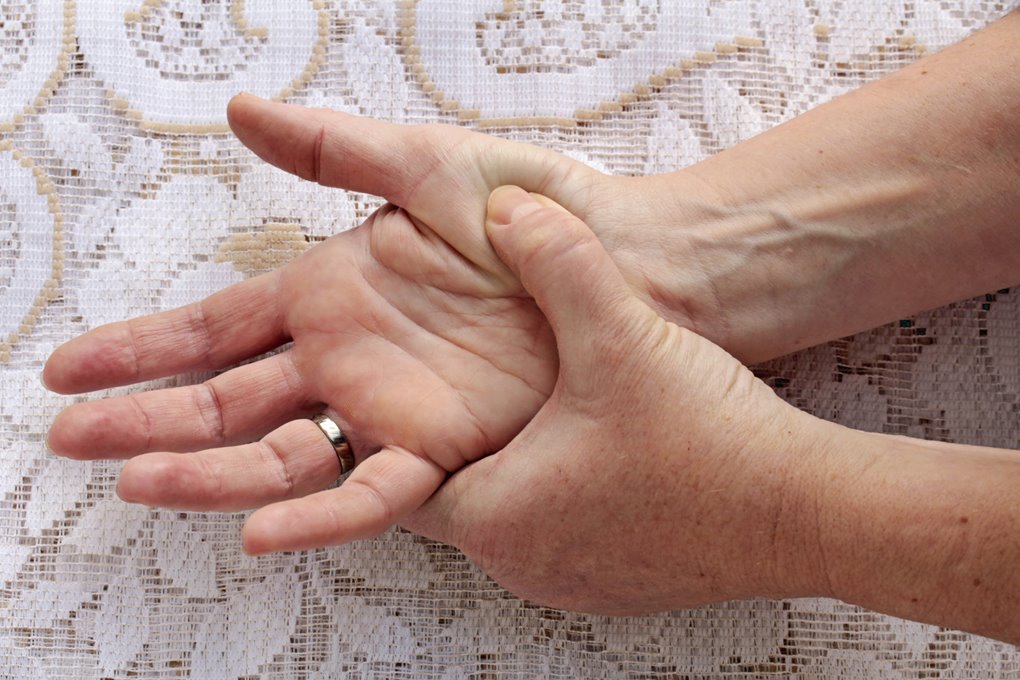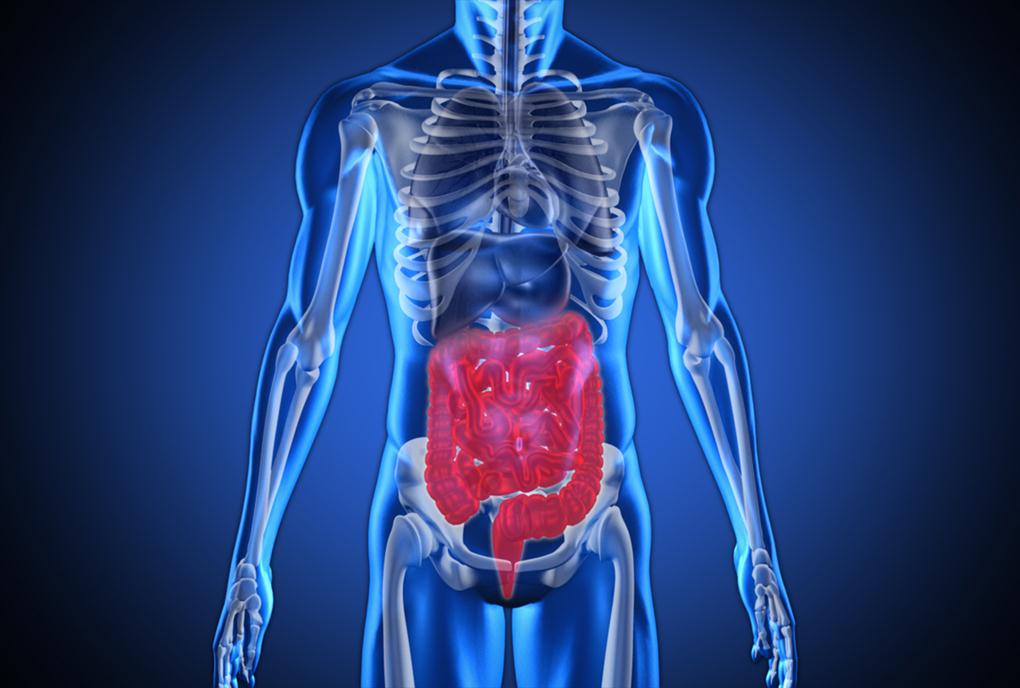Every other person feels heartburn, and has a hard time with digesting food at least once or twice a month. It’s considered as a common occurrence when the fast food is taken into account along with an unhealthy and fast lifestyle.
People usually don’t pay much attention to it, and consider it normal from time to time. These symptoms can quickly evolve into gastroesophageal reflux disease (GERD). By then, it will be too late for any over-the-counter first aid, and you’ll have to seek professional help to deal with it.
Frequent regurgitation and acid indigestion combined with constant heartburns present a clear sign of a serious condition of GERD. Doctors blame people’s lifestyle for this disease.
Over-the-counter treatment could only soothe the symptoms for a short while. However, the GERD will remain persistent until you seek professional diagnosis and treatment. If not, the situation could present even more danger to your health.
Put simply, the treatment starts with putting your body to a more healthy regime. That means no cigarettes, fast food or anything else that could worsen the condition. Losing weight to alleviate pressure to the abdominal area comes as highly recommended.
Those are considered to be the first steps of the treatment. To reduce the amount of acid produced in your stomach, patients have to take histamine antagonists or proton pump inhibitors. Those who are suffering from GERD are prescribed prokinetic agents in order to strengthen the lower sphincter of the esophagus. Surgery is considered too drastic for treating reinforcement and strengthening of the sphincter. Prokinetic alone should relieve you from abdominal discomfort.
People who don’t seek a professional diagnosis in a timely fashion are exposed to an even worse scenario. All doctors agree that self-diagnose and ignoring any symptoms could quickly lead to it. GERD is a chronic disease and should be treated immediately. Looking at a frequency of symptoms and esophagus examination results, doctors could prevent any possible complications.
Endoscopy is performed to discover if there’s any abnormal change in the lining, and it rules out or prevents cancer. Managing this disease could also prevent a damage to the inflamed parts of esophagus and formation of painful ulcers. Ulcers symptoms are occasional bleeding and diarrhea. Surgery is very uncommon in this case, but it’s up to your physician to determine the right treatment and if needs to be considered.
If you feel increased and constant pain from acid reflux, those might be the symptoms of gastroesophageal reflux disease. It’s damaging to the esophagus, and could eventually lead to the formation of cancer. Over-the-counter treatment options are recommended only for mild cases of abdominal discomfort.
All the other heavier symptoms indicate that you might have a more serious problem, and you should have it checked out as soon as possible. They’ll run a series of tests and determine if you have esophageal lining, irregular exposure or any other indicators implying that you have to radically treat this disease. Many people have avoided serious problems, cancer, ulcerative colitis and other chronic diseases just by going to a doctor’s office and taking care of it right away.
Sourced from: Alot
Photo: Thinkstock
Posted on May 22, 2023



